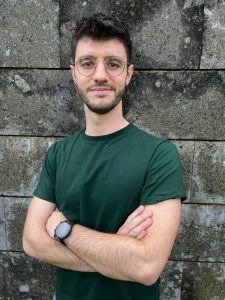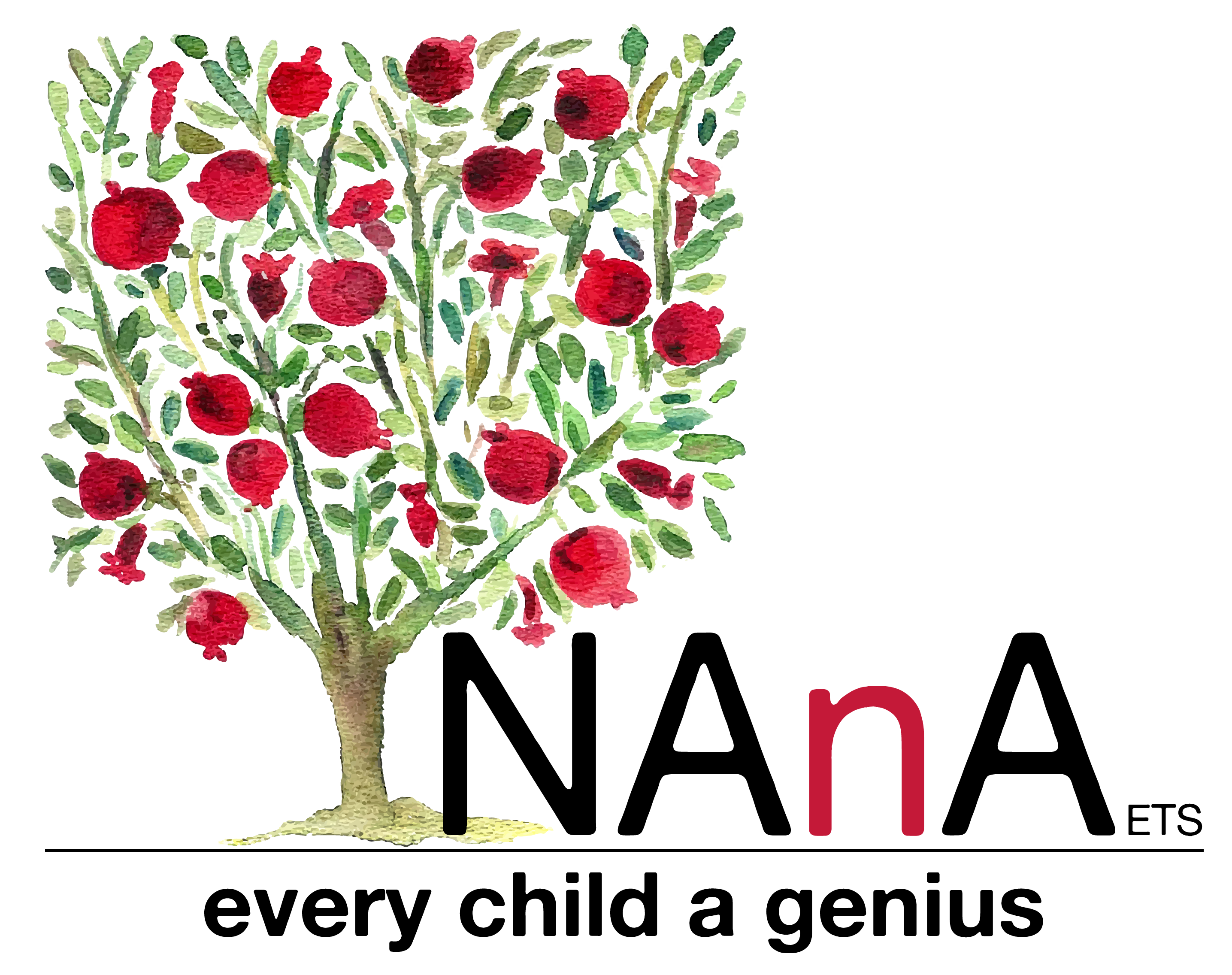Interview
My major achievement was the PhD Fellowship in Data Science, which gave me the opportunity to take the first steps in cancer research. This fellowship also gave me the opportunity to step out of my biological background and face a new, challenging learning opportunity.
I am a Ph.D. student in Data Science at the University of Rome “La Sapienza”. As my doctoral studies are conducted in collaboration with the IRCCS National Cancer Institute “Regina Elena”. I am currently undertaking my project within Maurizio Fanciulli’s group.
Our group is focused on the investigation of the epigenetic principles that lead to cancer progression and drug resistance, mainly in liquid cancers such as Multiple Myeloma, Acute Lymphoblastic Leukemia, and Acute Multiple Myeloma. In the lab, we conjugate cutting-edge NGS techniques with the newest bioinformatics algorithms. Thus, my everyday work consists of analyzing NGS data, both bulk and single-cell, and integrating multiple sources of data from publicly available databases to obtain solid results for biological questions.
Biosketch
Stefano di Giovenale MD, PhD

I am a Ph.D. student in Data Science at the University of Rome “La Sapienza”, Italy. As my doctoral studies are conducted in collaboration with the IRCCS National Cancer Institute “Regina Elena” in Rome, I am currently undertaking my project within the Fanciulli Lab at this institute. I completed my undergraduate studies at the University of Rome “Tor Vergata”, graduating with a Bachelor of Science in Biotechnology in 2019, followed by a degree in Bioinformatics at the same university in 2021. Both degrees were obtained with honors (cum laude).
During my Master’s Thesis, carried out at the IRCCS National Cancer Institute “Regina Elena” in the Fanciulli’s Lab, I worked on the identification of regulatory regions involved in the pediatric type-B Acute Lymphoblastic Leukemia evolution and drug resistance. Since my strong interest in the epigenetic role in cancer evolution, my PhD project is focused on defining the epigenetic alterations leading to drug resistance in Multiple Myeloma patients through the development of a computational framework that integrates network theory principles.
In 2022, I was honored with the Francesca Martini Award for an Experimental Degree Thesis in Oncohematology by NAnA ETS. Thanks to the award, I have been able to partially offset expenses that I had during a 6-month PhD visiting at the Medical University of Vienna in the Iros Brozzis’ Lab.
Among the major publications:
1. Corleone, G.*, Sorino, C. *, Caforio, M. , Di Giovenale, S. et al. Enhancer engagement sustains oncogenic transformation and progression of B-cell precursor acute lymphoblastic leukemia. J Exp Clin Cancer Res 43, 179 (2024). https://doi.org/10.1186/s13046-024-03075-y

